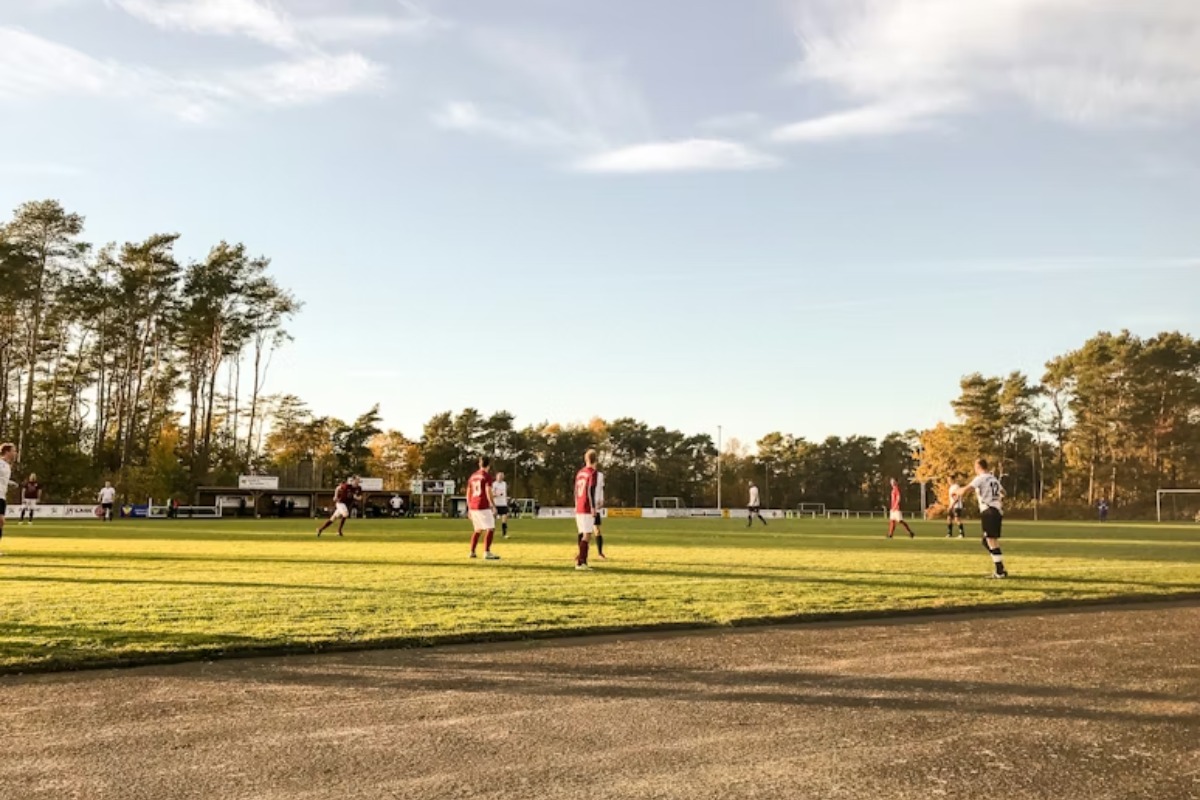Health
Early Practices Disrupt College Athletes’ Sleep, Ohio Study Finds

Recent research from Ohio State University indicates that early morning training sessions may adversely affect the sleep health of college athletes. Analysis of over 27,000 sleep records collected over five years reveals that these pre-dawn practices are significantly compromising the rest needed for optimal performance.
The study involved 359 varsity athletes who wore sleep trackers to monitor their rest patterns. Findings show that athletes lose approximately 20 to 30 minutes of sleep on nights preceding practices that typically start before 8 a.m. According to Emaly Vatne, the lead author and a PhD student at Ohio State, “The strength of our study is that we have objective data on a large sample of athletes showing the impact of early practices on sleep.”
Impacts on Sleep Quality and Efficiency
Not only does the quantity of sleep decline, but the quality is also affected. The study found that athletes experienced less efficient sleep and took longer to fall asleep before early workouts. This evidence challenges the common practice of scheduling early training sessions, providing coaches and athletic directors with concrete data to reconsider these routines.
Another key observation from the research is the behavioral change among athletes. When practices were scheduled for the afternoon, athletes tended to stay up more than an hour later than usual. Joshua Hagen, co-author of the study and faculty director of the Ohio State Human Performance Collaborative, noted, “Coaches and others may have this intuition that early practices are not optimal for sleep, but now we have the data to quantify that.”
The Broader Implications for Athletic Performance
The study encompassed athletes from various sports, including football, basketball, ice hockey, and swimming, offering a comprehensive overview of how early practices impact different disciplines. Published in the Journal of Strength and Conditioning Research, these findings highlight the crucial role of sleep in both daily recovery and peak athletic performance.
As sleep becomes increasingly recognized as a vital factor in athletic success, the study raises important questions about how to better align team schedules with athletes’ circadian rhythms. With evidence now supporting the need for change, it may be time for institutions to rethink their training strategies to prioritize athletes’ health and performance.
-

 Science1 month ago
Science1 month agoIROS 2025 to Showcase Cutting-Edge Robotics Innovations in China
-

 Science2 weeks ago
Science2 weeks agoUniversity of Hawaiʻi at Mānoa Joins $25.6M AI Initiative for Disaster Monitoring
-

 Lifestyle1 month ago
Lifestyle1 month agoStone Island’s Logo Worn by Extremists Sparks Brand Dilemma
-

 Health1 month ago
Health1 month agoStartup Liberate Bio Secures $31 Million for Next-Gen Therapies
-

 Lifestyle1 month ago
Lifestyle1 month agoMary Morgan Jackson Crowned Little Miss National Peanut Festival 2025
-

 World1 month ago
World1 month agoBravo Company Veterans Honored with Bronze Medals After 56 Years
-

 Politics1 month ago
Politics1 month agoJudge Considers Dismissal of Chelsea Housing Case Citing AI Flaws
-

 Health1 month ago
Health1 month agoTop Hyaluronic Acid Serums for Radiant Skin in 2025
-

 Science1 month ago
Science1 month agoArizona State University Transforms Programming Education Approach
-

 Business1 month ago
Business1 month agoTruist Financial Increases Stake in Global X Variable Rate ETF
-

 Sports1 month ago
Sports1 month agoYamamoto’s Mastery Leads Dodgers to 5-1 Victory in NLCS Game 2
-

 Top Stories1 month ago
Top Stories1 month agoIndonesia Suspends 27,000 Bank Accounts in Online Gambling Crackdown









